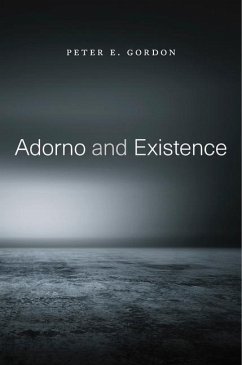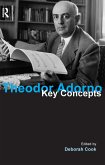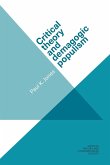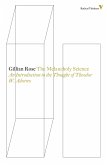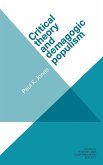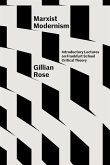From the beginning to the end of his career, the critical theorist and Frankfurt School philosopher Theodor W. Adorno sustained an uneasy but enduring bond with existentialism. His attitude overall was that of unsparing criticism, often verging on polemic. In Kierkegaard he saw an early paragon for the late flowering of bourgeois solipsism; in Heidegger an impresario for a "jargon of authenticity" that cloaked its idealism in an aura of pseudo-concreteness and neo-romantic kitsch; even in the more rationalist tradition of Husserl's phenomenology he detected a vain attempt of the bourgeois spirit to break free from the prison-house of immanent consciousness. Yet his enduring fascination with the philosophical canons of existentialism and phenomenology suggests a connection far more complicated and productive than mere antipathy. From his first published book on Kierkegaard's aesthetic to the mature studies in negative dialectics, Adorno was forever returning to the philosophies of bourgeois interiority, seeking the paradoxical relation between their manifest failure and their hidden promise. Scholars of critical theory often regard these philosophical adventures as unfortunate lapses into reductive sociology or as marginal to Adorno's path of intellectualdevelopment. In Adorno and Existence, Peter E. Gordon challenges this assumption, showing how the confrontation with existentialism helps us toward a deeper understanding of Adorno's own intellectual commitments. In lucid prose and with a dialectical sensitivity for the links between philosophy and life, Adorno and Existence casts new and unfamiliar light on this neglected chapter in the history of Continental philosophy.--
Bitte wählen Sie Ihr Anliegen aus.
Rechnungen
Retourenschein anfordern
Bestellstatus
Storno

